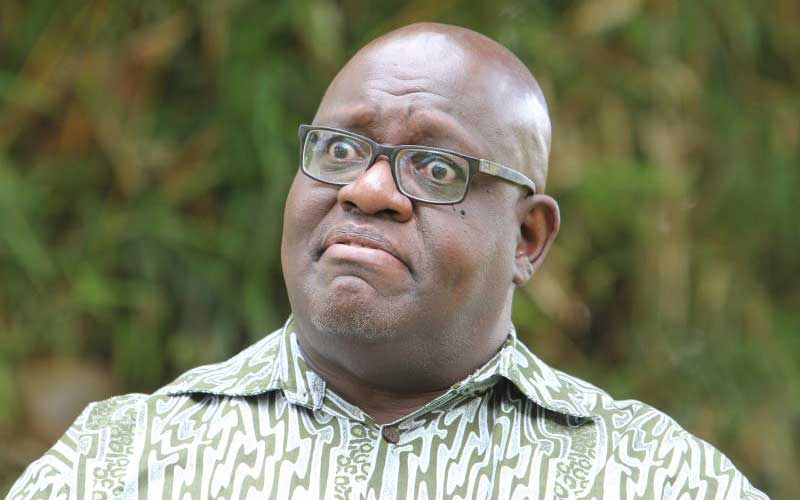×
The Standard e-Paper
Smart Minds Choose Us

The much awaited Building Bridges Initiative (BBI) report might just add more wind under the wings of the government’s fight against corruption.
If adopted, the report will see the enactment of legislation that will see whistle-blowers paid up to five per cent of stolen proceeds recovered as a result of their actions. Further, the report also proposes protection of these whistle-blowers.